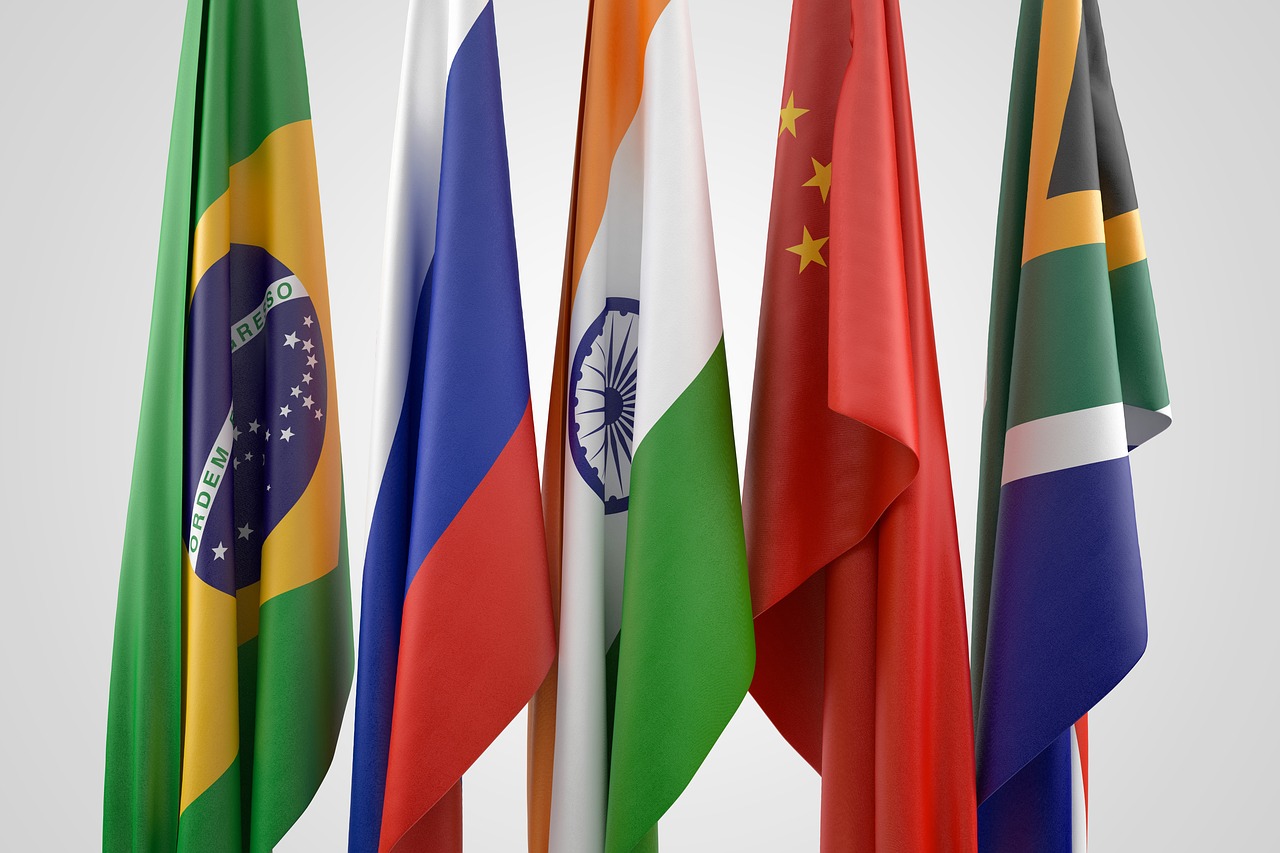The Role of Religion in Elections: Allpannel, Cricket id online, Gold365 betting
allpannel, cricket id online, gold365 betting: Religion has always played a significant role in elections around the world. It can influence voter behavior, shape political agendas, and even determine the outcome of an election. In this article, we will discuss the various ways in which religion impacts elections and the implications it has on the democratic process.
Religious Affiliation and Voting Patterns
One of the most noticeable ways in which religion affects elections is through religious affiliation and voting patterns. Studies have shown that individuals who identify with a particular religion tend to vote in alignment with the values and beliefs of that religion. For example, in the United States, evangelical Christians are more likely to support conservative candidates who champion issues such as abortion restrictions and traditional marriage.
Candidate Religious Beliefs
The religious beliefs of candidates themselves can also influence how voters perceive them and ultimately vote for them. Candidates who openly identify with a particular religion may attract voters who share the same beliefs and values. On the other hand, candidates who do not align with the dominant religion in a specific region may face challenges in gaining the support of religious voters.
Religious Groups and Political Influence
Religious groups often hold significant political influence due to their large memberships and strong community ties. These groups can mobilize voters, endorse candidates, and even fund political campaigns. In some cases, religious leaders have openly endorsed political candidates and urged their followers to vote for them, further solidifying the ties between religion and elections.
Religion and Public Policy
Religion can also shape public policy debates and agendas during election seasons. Issues such as abortion, same-sex marriage, and religious freedom are often hot-button topics that resonate with religious voters. Candidates may use these issues to appeal to religious voters and differentiate themselves from their opponents.
Secularism and Religious Freedom
In democratic societies, it is essential to strike a balance between religious freedom and secularism. While individuals have the right to practice their religion freely, it is crucial to ensure that no single religion dominates the political landscape or infringes on the rights of others. In diverse societies, it is vital to respect the religious beliefs of all individuals and uphold the principles of secular governance.
The Impact of Religion on Elections
The role of religion in elections cannot be underestimated. It can sway voter opinions, shape political debates, and influence public policy decisions. As such, it is essential for candidates to understand the religious landscape of their constituents and engage with religious communities in a meaningful way.
FAQs
Q: Are there any legal restrictions on the role of religion in elections?
A: In many countries, there are laws that prohibit the endorsement of political candidates by religious organizations. These laws aim to maintain the separation of church and state and ensure fairness in the electoral process.
Q: Can a candidate’s religious beliefs influence their policies?
A: Yes, a candidate’s religious beliefs can inform their policy decisions. However, it is crucial for candidates to uphold the principles of secular governance and respect the diverse religious beliefs of their constituents.
Q: How can voters navigate the intersection of religion and politics?
A: Voters should carefully consider the religious beliefs of candidates and how they align with their own values and priorities. It is essential to evaluate candidates based on their policies and track record, rather than solely on their religious affiliation.







